We live in an era where we see a lot of oversimplified advice — especially with the heavy focus on short-form video content — since that’s most likely to go viral. Along those lines, we often see people making claims about the best time of day or day of week to book flights. Is there any truth to this? Let’s unpack it a bit…
In this post:
There’s not a best day or time to book flights
So, is there truly a best time of day or day of week to book travel? There are a lot of claims out there, so let me share my general take on that.
Sometimes you’ll see people claim that you’re best off booking a flight X weeks or months in advance. There absolutely can be some truth to that, in the sense that data can be compiled comparing historical airfare patterns, and inferences can be made based on that. That being said, I don’t think anyone should think “oh, I booked my ticket X months in advance, so therefore I got the best deal.”
Airline pricing is complicated, arguably way more complicated than it needs to be. There are a variety of factors that determine how much you’ll pay for a flight — there are typically dozens of fare types filed between each city pair, and then there are specific inventory “buckets” that need to be available to actually get those fares.
Even more interesting are the claims that some people make about there being a certain day of the week or time of day where you should book tickets (I’m talking about when you book, not when you travel). These claims are even more questionable.
For example, a couple of years ago, an Instagram reel went viral, where someone who works for an airline made the following claim:
I work for an airline, and these are the cheapest days and times to fly. The cheapest day to book your ticket is Saturday and Sunday, but the cheapest day to actually fly on is Tuesday. And the cheapest time of day to physically book your ticket is between 6AM and 12PM. And I’m not making these up, these were presented to us like one of my first weeks of work.
Look, I don’t want to say that this is totally made up, but to me the recommendation to book on Saturday or Sunday, and between 6AM and 12PM, isn’t actually useful advice:
- Airlines do typically load their schedules over the weekends, so you might see new flights added during that period; however, that doesn’t necessarily mean fares are lower
- In theory there might be a tiny amount of truth to tickets sometimes being cheaper earlier in the day, since airlines have a modeled booking curve, and airlines have data collection points where the system looks at booking trends since the previous time data was collected, and that typically happens overnight, so fares may be lower after that
Will there be some situations where you find a cheaper flight on Saturday or Sunday, or by booking in the morning? Of course. But there will also be plenty of situations where that’s not the case, and I don’t think either of those tips even rank in the top 10 ways to make sure you’re getting the best deal on airfare.
So I’m not saying it’s totally made up, but I also don’t think anyone should plan their travel around these tips, thinking that’s the secret to getting the best deal.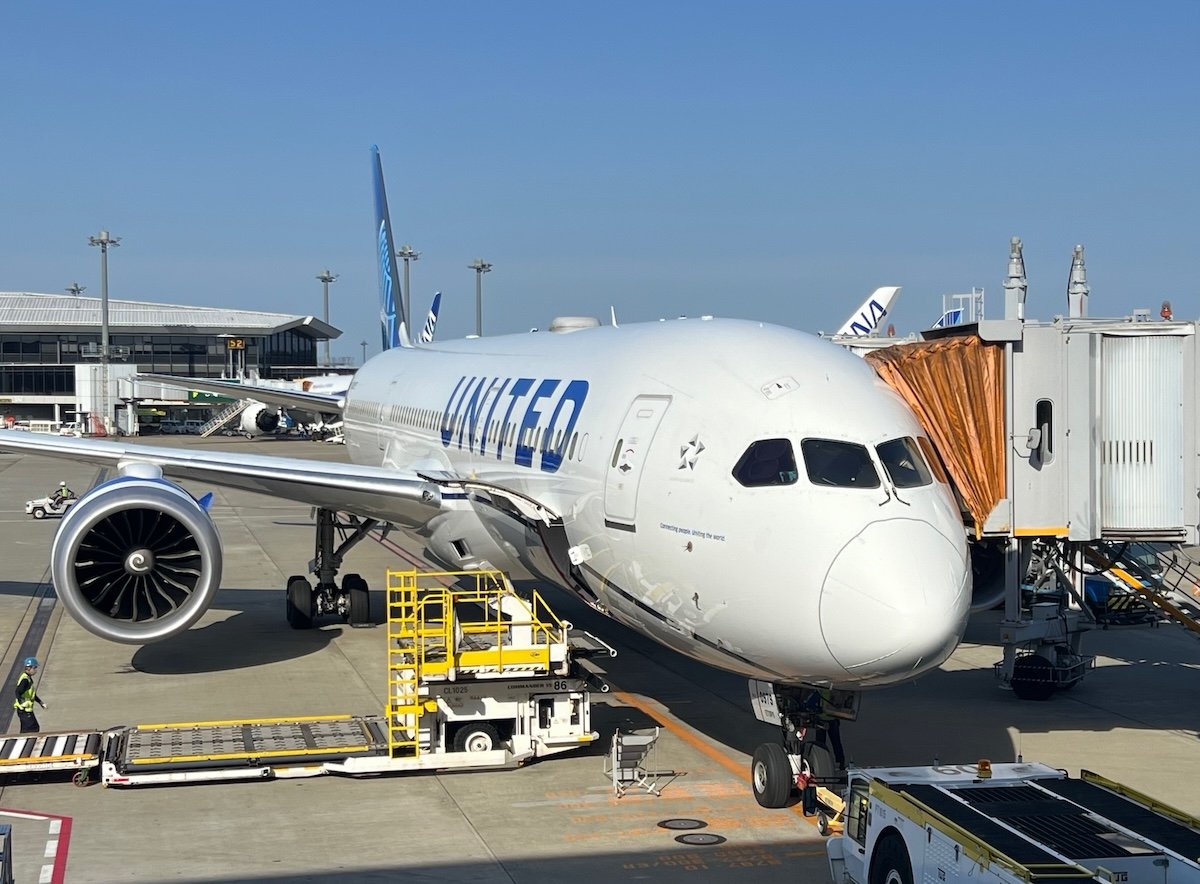
Tips for getting the best deal on flights
Let me share what I’d consider to be the most useful tips for getting the best deal on flights. No, there’s no secret handshake, and you don’t need to get up at 4:57AM on a Tuesday and open an incognito browser to get the best deal.
Quite to the contrary, I think most of the tricks to getting the best deal on airfare are pretty straightforward, and even obvious to those who travel with any frequency.
Below are some tips, in no particular order. I’m focusing specifically on revenue fares here, and not award flights (though I’d argue learning about miles & points is really the best way to get a deal on airfare, but that’s a different topic).
Comparison shop with Google Flights
Google Flights is the single best website for comparing airfare. This allows you to easily compare fares across a variety of airlines, see pricing for months at a time thanks to a calendar view, and even see historical pricing, for context on how current fares might compare to what was available in the past.
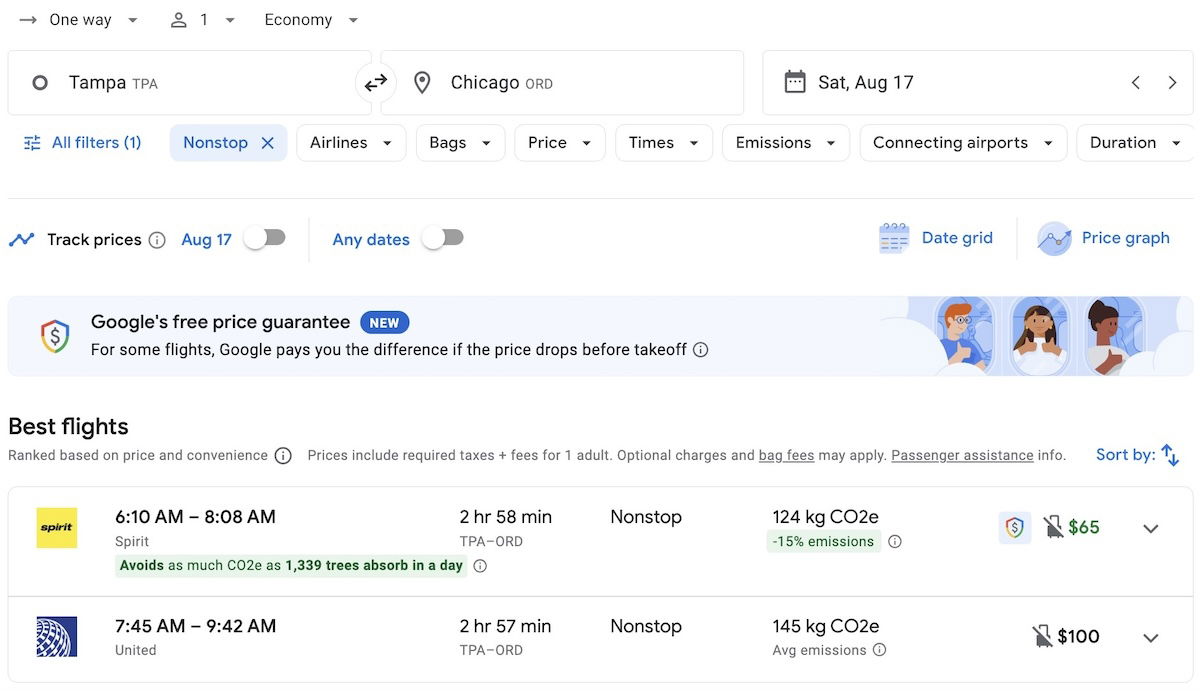
When you compare fares, make sure you consider what’s included with a ticket, since obviously not all fares are created equal. On some airlines, the most basic fare doesn’t even include a carry-on, while on other airlines, it includes free checked bags.
Lastly, you’ll often find that flights are cheaper on Tuesdays and Wednesdays than on Mondays and Fridays, for example, reflecting general demand patterns. 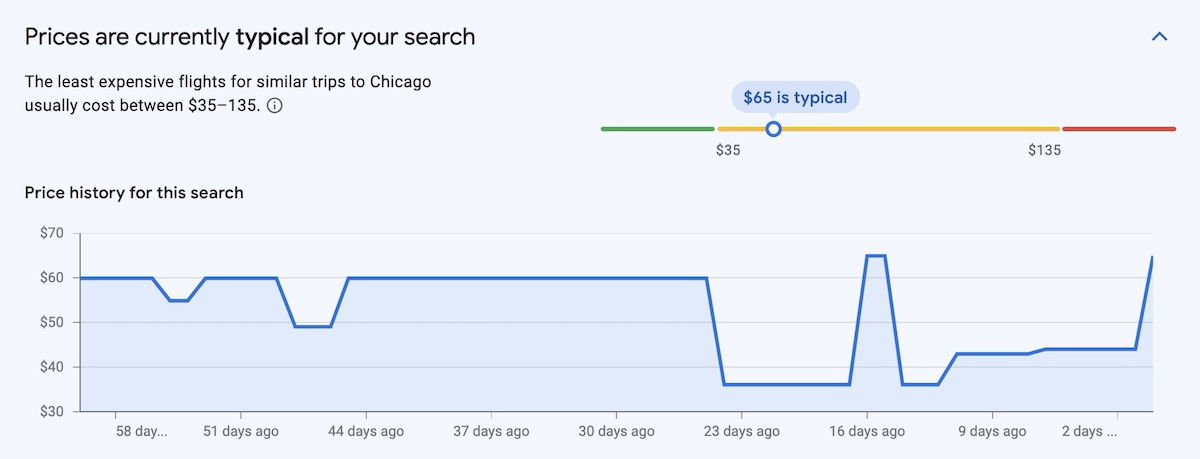
Use Google Flights to track flight pricing
This also involves Google Flights, but is a separate trick, as I see it. In addition to just outright letting you compare the cost of airfare, Google Flights also lets you track flight prices. This is an awesome feature, and it costs nothing.
You can either track the price of a specific itinerary, or you can track the prices between a particular origin and destination for a particular day.
If you find an itinerary you’re interested in, just toggle the little “track prices” button, and you’ll receive email alerts if the price changes. Airlines adjust prices all the time, so this is a great way to save money on airfare.
Take advantage of airline ticket flexibility
Nowadays many airlines no longer have change or cancelation fees on most types of tickets. This doesn’t apply on all airlines, and it typically doesn’t apply on basic economy fares. Also remember that if the fare changes, you don’t get a refund, but rather you typically receive a credit, and that credit often expires.
With airline tickets offering a lot more flexibility than in the past, I always try to take advantage of that. Assuming the ticket is on an airline I fly with some frequency, I typically like to book my ticket as far in advance as possible, assuming I’m okay with the fare (even if it isn’t ideal).
This way I can select my preferred seats and already have something locked in. Then I can keep tracking prices, and if the price goes down or another itinerary is better, I can always reprice or rebook.
For example, since I live in Miami, I fly American a lot, and I’ll book a ticket as far in advance as possible, even if I’m not 100% sure I’ll take it. After all, travel credits with American are just about good as cash to me.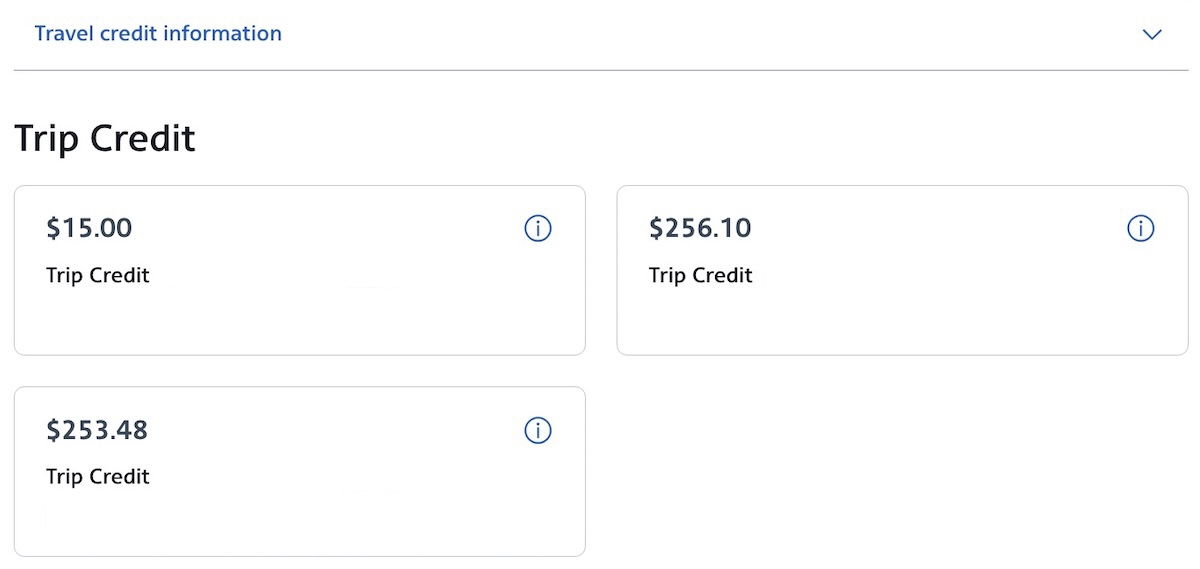
Use schedule changes to your advantage
Another benefit of booking airline tickets far in advance is that they allow you to take advantage of schedule changes. Airlines often adjust their schedules as the departure date approaches. If an airline makes a material change to your itinerary, you can typically rebook on another flight that day at no extra cost.
There’s something to be said for booking the cheapest flight for a particular day when the schedule first opens, and then hoping for a schedule change as the departure date approaches.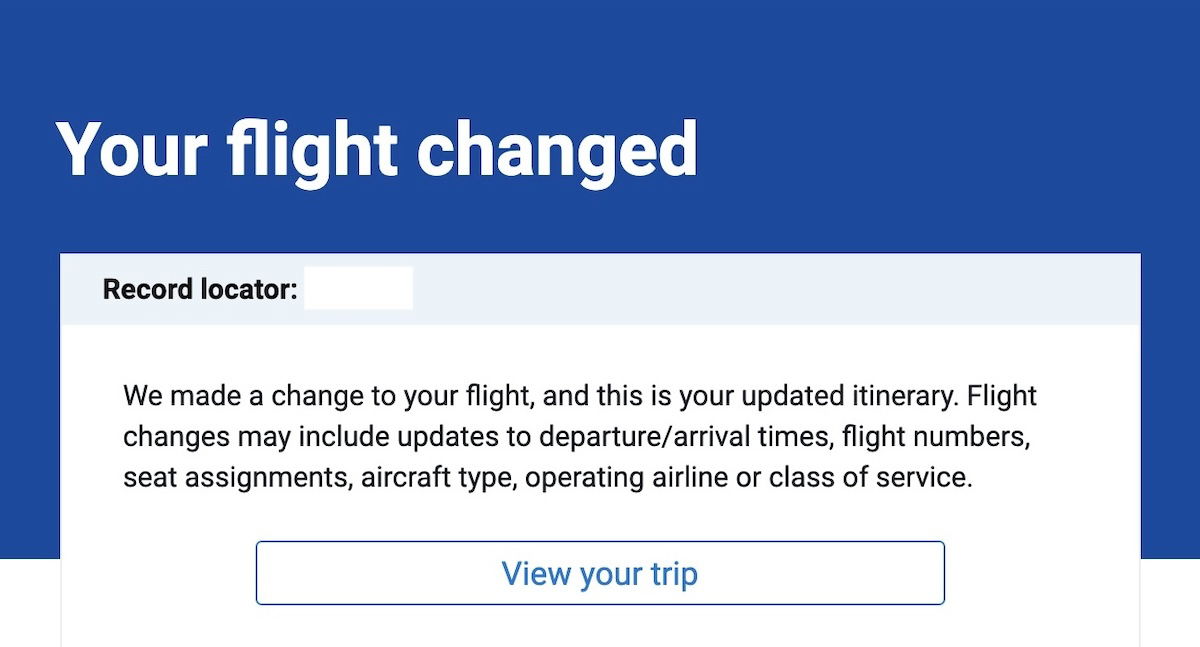
When I typically book flights
I honestly think the above are the most important tips for getting the best deal on airfare, and they’re quite obvious. So, when do I typically book my revenue airline tickets? Generally speaking:
- For holiday travel and transatlantic summer travel, I tend to think the further out you book the better, since those flights are going to be full no matter what, and pricing often doesn’t drop as the departure date approaches
- For non-peak travel, I tend to think that booking somewhere one to three months in advance is the sweet spot, depending on just how off-peak your travel days are
- Nowadays I even try to book non-peak travel further in advance assuming the ticket offers flexibility, though frankly I rarely make plans that far in advance
Bottom line
While I wish getting the best deal on airfare were as simple as booking at a particular time of day and on a particular day of the week, it just isn’t. So while I’m not saying there’s zero truth to these kinds of claims, I don’t consider them to be particularly useful advice.
If you want to get the best deal on flights, use Google Flights to comparison shop, then set automated price tracking. Take advantage of the flexibility that airlines offer nowadays by locking in a fare you’re comfortable with, and then you can always get a voucher if the fare drops.
What are your tips for getting the best deal on airfare?
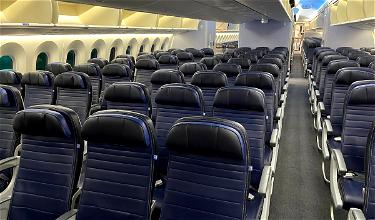

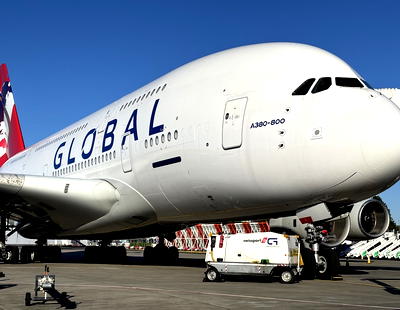
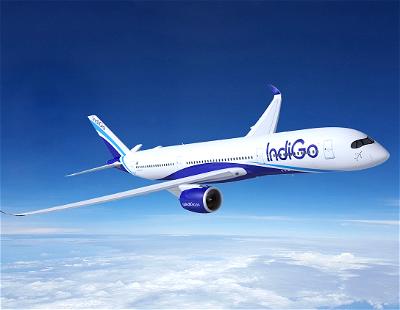
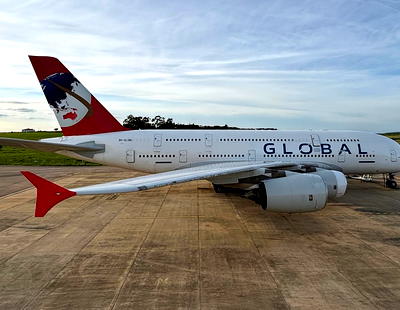
Are people taking advantage of lower fares by cancelling and rebooking? If so, are credits immediately available, at least on the major US carriers, rather than having to wait?
There is already a website that exists for this kind of thing called Sky Key. Automatically gets you money back every time your fare drops.
Yep have gotten $3500 back far from using them. Them and tripit are the only flight services worth paying for imo
Not much use if you don't fly the just five airlines that they support.
This is literally why Sky Key was invented. There is no best time to book flights, although people will try and predict, etc. They just get you money back when the price drops after you book. Way better than Google flights.
'Nowadays many airlines no longer have change or cancelation fees on most types of tickets.'
That's an exaggeration if I have ever seen one. Not only do I not think there are any airlines based outside of the USA/Canada that do this, the introduction of 'light'/'basic' fares across booking classes in economy and increasingly even in business means that quite a few airlines are selling increasing numbers of tickets which can't even be changed against a penalty.
Anyone else have troubles getting the google fare alert emails? I sign up for them but never get the email.
I tend to ignore the calendar when booking a flight. That is, I'll book the flight as soon as I know where and when I/we are going. BUT...the key (for me) is that I continue to re-check the price approximately every 2-4 weeks or so to see if, and take advantage of, price drops. If so, I will re-book at the (new) lower price.
In general, I save my miles/points for international travel in...
I tend to ignore the calendar when booking a flight. That is, I'll book the flight as soon as I know where and when I/we are going. BUT...the key (for me) is that I continue to re-check the price approximately every 2-4 weeks or so to see if, and take advantage of, price drops. If so, I will re-book at the (new) lower price.
In general, I save my miles/points for international travel in business class, but I'll often price out. in points as well as cash, longer coast-to-coast flights (e.g.: SFO-JFK, SFO-BOS, SFO-MIA, etc.). There are occasionally times when buying the tix using points will make sense.
Have you been able to take advantage of those fare drops with any non-US airlines? I do follow this approach with hotels, but I can never find cheap refundable tickets.
Has always worked for me. It is actually a reminder to delete that I am tracking a flight after I gave booked it. The email is not the default, you must check the box after you save the tracked flight.
On which airlines?
I almost always use miles & put a reminder on my calendar to manually reprice all my open res monthly. I almost always can make 1-2 favorable changes
At least on AA and booking in advance T/W are the cheaper days. Not 100% of the time but definitely in general. Saturday and Friday can be a crapshoot. Ditto booking earlier generally yields better results than booking close in.
I vote in favour of booking short notice. Itś worth contextualizing that Iḿ flying short haul in Europe, with a healthy appetite for budget airlines, but having the tracking on on Google Flights, itś normally never worth booking more than a month in advance, and most of my flights are nearer the 2 week mark.
Wait until a few more wars are started and a few more barriers are erected against travel, and fares will come down even more. Fewer people feel like traveling every day, and more businesses are trying to avoid bankruptcy by cutting budgets. Even those with valid documents want to avoid airport confrontations with government goons.
@Ross,
I have been waiting for these drops and don't see them as yet. Who do I need to speak to for them to get a move on?
I am planning a trip to Paris next April, I am hoping AF would drop First to $4K -$5K as the current $18K doesn't work for me.
There's an Aeromexico fare from Spain to Mexico and back in business class for €1340. Saudia continue to offer great deals to Asia ex-TUN. Flying from N. America, Avianca will take you all the way from ORD to SCL and back for just $1740, AT are selling Toronto to CMN for$1630.
In the back of the bus, QR are selling flights between Europe and Vietnam for just €500 return, similar fares are available on...
There's an Aeromexico fare from Spain to Mexico and back in business class for €1340. Saudia continue to offer great deals to Asia ex-TUN. Flying from N. America, Avianca will take you all the way from ORD to SCL and back for just $1740, AT are selling Toronto to CMN for$1630.
In the back of the bus, QR are selling flights between Europe and Vietnam for just €500 return, similar fares are available on TP to Brazil...
Not sure it's worth waiting for Air France to sell P tickets for $5k when the above deals are available. It's almost always better value to splash out on luxurious experiences on the ground.
@ Throwawayname,
About TP, I don't know out of US (I hardly doubt) but out of Europe TP has not one destination to Brazil for ~500€ (NEVER) and I know because I fly several times a month to GRU (which is the cheapest destination).
@vJustin, don't hold your breath!
You know what would be great... if Google Flights, and also AA would let you block basic economy fares from searches. I'm not going to book basic, I'm going to give them more money. Why do they make this difficult on me?!
I usually add a carry-on bag when searching and that tends to exclude a lot of basic economy fares (not all of them, of course).
Pretty spot on advice. Some additional tips I have.
1. Get to know average fares for the routes you want to fly. And be realistic. 400 RT for a F class transatlantic trip with full refundability is not realistic. When you see a drop and you are ok with the change/cancel restrictions. Go for it. And yes. Use the rebook feature to get additional credits later if it does drop.
2. Choose the...
Pretty spot on advice. Some additional tips I have.
1. Get to know average fares for the routes you want to fly. And be realistic. 400 RT for a F class transatlantic trip with full refundability is not realistic. When you see a drop and you are ok with the change/cancel restrictions. Go for it. And yes. Use the rebook feature to get additional credits later if it does drop.
2. Choose the right pattern for you….if you value flexibility and able to cancel. Adjust expectations as such. A cheap fare may not be a good deal if you lose it based on restrictions
3. Look at what you are bringing. The higher fare may be cheaper in the end! Baggage is expensive on Y fares. May push you up to F class range anyway. Don’t forget about seat selection fees too. Do the math.
But yes. There is no perfect day to book. But peak travel I say about 2-3 months out is the sweet spot. And 30-60 days for non peak travel. But this can all change with seat sales and what not. The advice is to keep looking regularly.
The best time to book a trip is when agencies are closed!